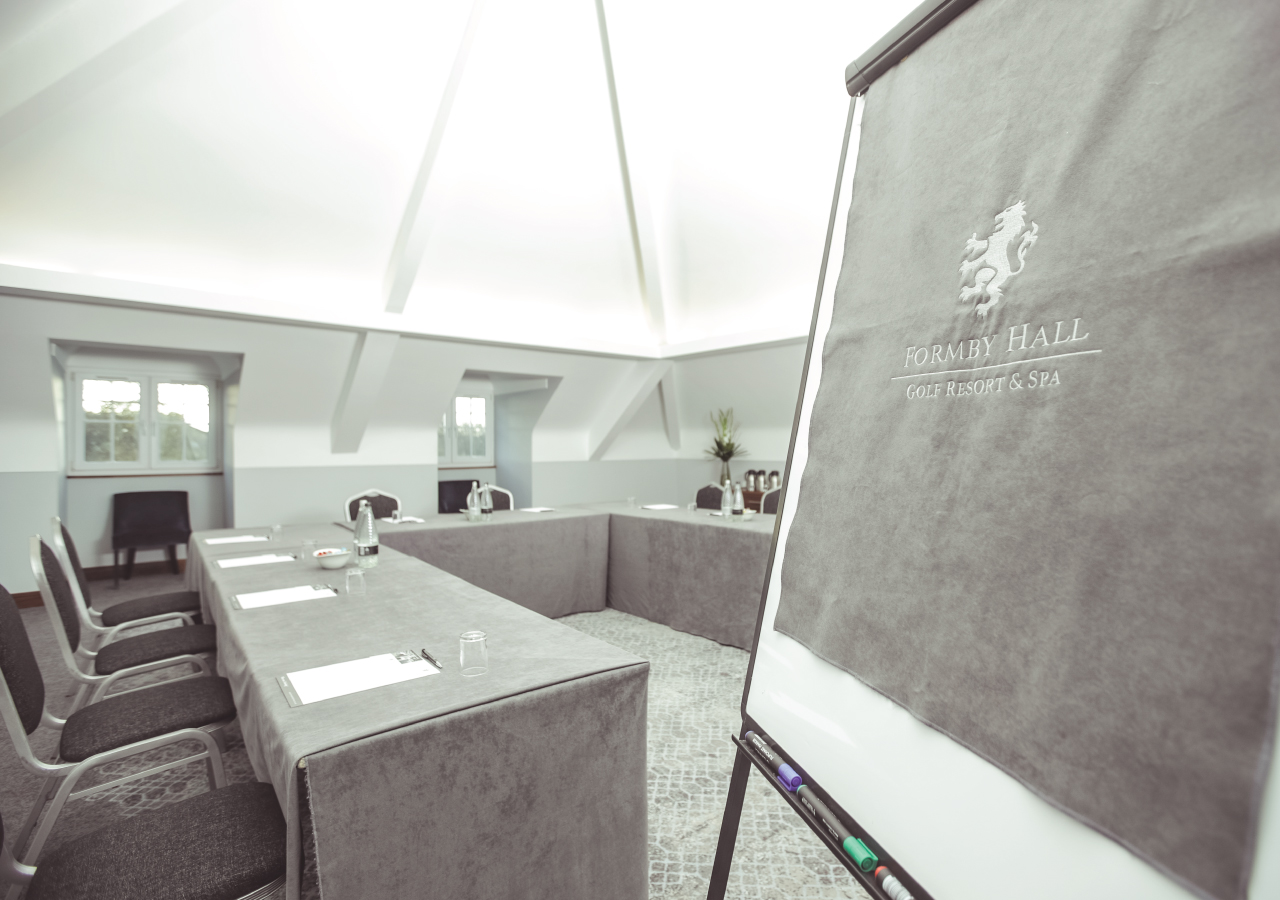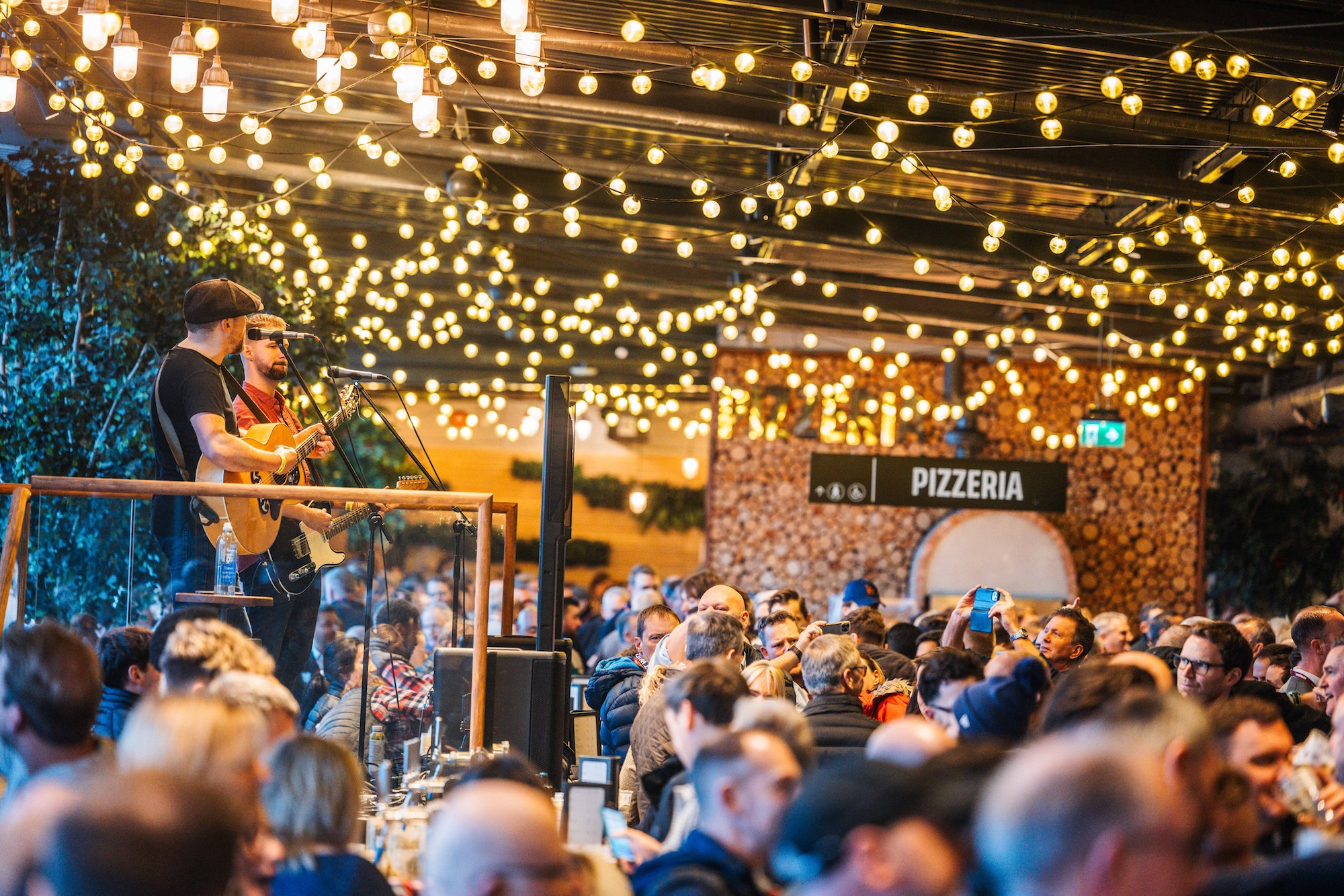This year, Venues.org.uk is going to visit the UK’s major cities to see how ready they are to host your event. We start this month with London.
There is no doubt that London is one of the world’s most famous, and indeed iconic, cities.
Buckingham Palace, Tower Bridge, The Houses of Parliament and Piccadilly Circus, among many others, adorn a host of travel brochures and other marketing collateral while pictures of them are regularly beamed across the globe in television news reports, documentaries and travel shows.
This is naturally very important because leisure tourism continues to be a major contributor to the economic life of the city.
However, London is also an important destination for business tourists who come for a host of conferences, meetings and other special events as well as trade exhibitions, such as World Travel Market and the London International Wine and Spirits Fair.
Although certainly interested in what a destination has to offer for social events, event organisers are going to be concerned with the infrastructure in a given destination and the advantages they can derive from staging their event there.
Certain questions inevitably arise: What quality are the venues? How good are the hotels? What value will the delegates get from coming to an event in this place? A question often directed at London is, with its sheer size, is it a destination that can be easily ‘managed’ by event organisers?
An answer could well be found in the recent survey of the association meetings market carried out by ICCA, the International Congress and Convention Association.
This found that between 2003-2004 London saw a growth of 29 per cent in the number of international association meetings held there. This led to an immense increase in the number of delegates the city welcomed, an extraordinary rise of 447 per cent, going from 15,670 in 2003 up to 85,715 in 2004. This number placed London second only to Paris in the league table of most visited cities.
One of the venues that is sharing in this positive growth is ExCeL London. Opened five years ago, the venue now stages some of the UK’s highest profile trade and consumer exhibitions and is fast developing a strong reputation as a fine conference and meetings venue, capable of holding as many as 20,000 delegates.
ExCeL London’s conference and events managing director, Vanessa Cotton, sees the venue’s growth reflected in that of the city it serves.
“These results are very positive and reflect the buoyant trend that our conference and events division is experiencing (45% growth YOY),” she says.
Of course, it is not just ExCeL London that is seeing this growth. Around the city there are numerous venues such as the QEII Conference Centre that are also holding important events, not to mention more diverse and historic venues such as Alexandra Palace (6,558) and The Barbican (8,000).
There is clearly great excitement being felt in London about the possibilities offered by the business tourism market. However, while the venues are preparing to welcome increased numbers of delegates, another question is raised, is London’s infrastructure able to cope?
Lucas underlines that many of these hotels have been built with the needs of conference and event organisers very much in mind. At his own hotel, for example, the public areas were built specifically with networking in mind and are open comfortable areas where delegates can carry on important conversations after the conference or exhibition has finished for the day.
He is also keen to dispel a common myth that some people believe about London. “Historically, London has been seen as an expensive destination but this is no longer the case with the large number of budget hotels that are now here,” he says. “Certainly once we were known for the famous high-end luxury hotels but in the modern world you have to cater for all requirements at all levels of cost. I think London is doing this well and I personally am very excited about what the next few years will bring.”
This excitement is shared by Visit London’s commercial director, David Hornby. “The increase in hotel stock in the capital will increase competition with a beneficial end result for prices” he says. “It means delegates can stay close to their event and close to the fabulous social itinerary London offers.”
Hornby agrees that the wide range of venues and good quality hotels has done much to help the development of this sector. However, he also points to the large choice that the prospective organiser is offered, not only for the official part of the event but also during leisure periods.
“In London you can hold your conference in a modern state-of-the-art venue or an unusual venue that was built 200 years ago, similarly, you can stay in modern or older, more traditional hotels,” he says. “After the conference there are the numerous attractions London has to offer from international cuisine to the world’s
finest theatre, to music clubs and so much more.”
On the 6 July the International Olympic Committee became perhaps the highest profile organisation yet to give London the stamp of approval. Hornby finds it hard to conceal his excitement.
“Winning the Games in 2012 was the result of so many people working very hard to show that London has what it takes to stage all kinds of events,” he says. “We are already in a very strong position to host conferences and exhibitions ranging from the largest international association events through to smaller meetings, special events, product launches and corporate hospitality with our existing facilities but these can only get even better as the build up to the Olympics continues, it’s a great time to come to London.”
The general manager of the Novotel London Excel, Michael Lucas, says that not only is London already well served by the hotel sector but that large hotel chains are also seeing great potential for further development in the city.
“This confidence is borne out by my own company, Accor, which has invested heavily in developing the Novotel and Ibis hotels on-site at Excel London as well as other properties in the city and Docklands area,” he says. “There is further expansion with the new Novotel Greenwich which will add another 180 rooms.”
Lucas points out that it is not just Accor. The other major hotel groups are also opening new hotels at quite a rate.
“They too are seeing the potential London is now offering the business travel sector,” he says. “It’s an obvious statement to make but none of these organisations would carry out such big investment if they didn’t see a chance for significant growth.”
This is a trend not unique to Lucas’ own company, London is fast gaining a reputation as a destination worth investing in; 19,000 bedrooms of hotels stock are scheduled to be built before 2012. They include stock from budget to the luxurious Shard of Glass 5-star facility.






